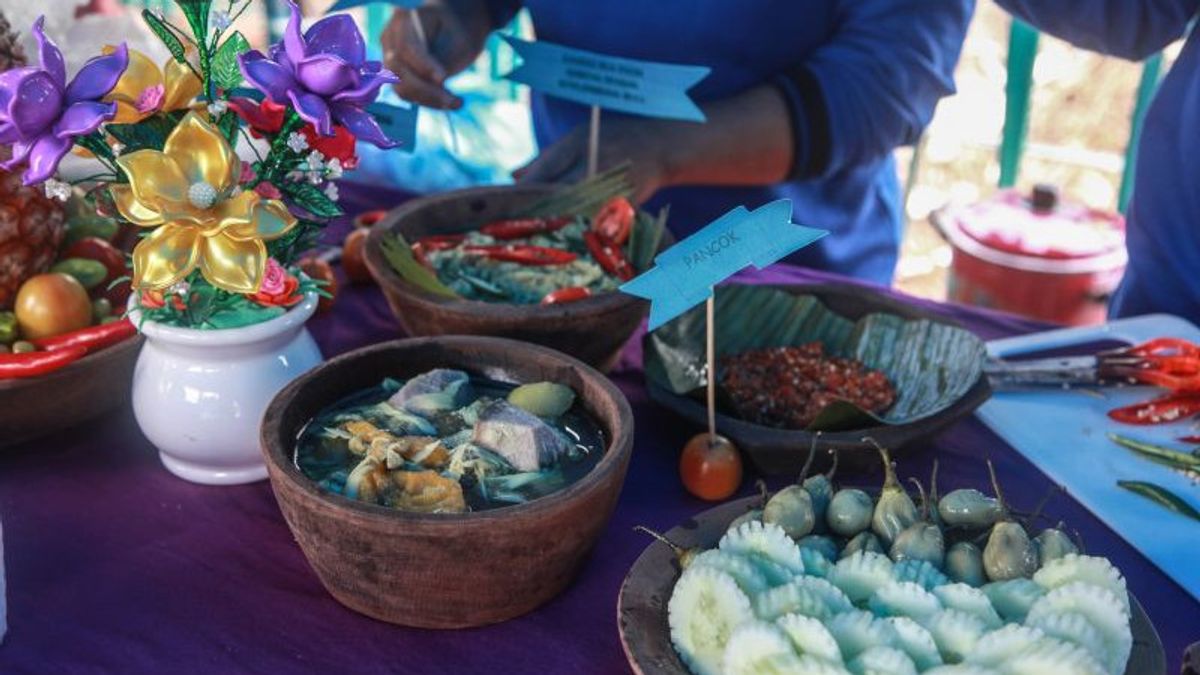JAKARTA - The government stated that the threat of a world food and energy crisis is increasingly real, so it is necessary to strengthen domestic agricultural products.
"Indonesia has great food potential, it's time to strengthen the production of agricultural and food commodities sourced locally," said Assistant to the Special Staff of the Vice President of the Republic of Indonesia Guntur Subagja Mahardika when he was a speaker at the International Conference on Indonesia and Global Affairs (ICIGA) webinar entitled Food Security and Halal Indonesia Industry, quoted from Antara, Friday 30 September.
Guntur said that the food crisis and hunger rates in many countries are increasing.
One of the causes is the prolonged COVID-19 pandemic and geopolitical factors, including the impact of the Russian - Ukrainian war.
According to him, this condition can have an impact on other countries if they do not carry out strategic steps to strengthen food security.
Data from the World Food Organization (FAO) projects that in 2022 there will be 181 million people in 41 countries that are threatened with starvation.
However, according to the economic indicators of the market for the easing of the COVID-19 pandemic, Indonesia is actually able to recover faster.
National economic growth in the first semester of 2022 is above 5 percent and the poverty rate which at the time of the pandemic reached above 10 percent has dropped to single digits.
"It's just that the level of income inequality shown by this ratio is still high as of March 2022 at 0.384," he said.
The chairman of the Center for Strategic Policy Studies (CSPS) of the Strategic and Global Studies School (SKSG) of the University of Indonesia said that during the pandemic Indonesia was actually able to be independent of rice.
The production of rice surpluses so as not to import and even receive the IRRI self-sufficiency award.
FAO data shows Indonesia as the top 3 world rice producers after China and India, as well as palm oil and palm oil commodities where Indonesia is the largest producer followed by Malaysia and Thailand.
The challenge is that Indonesia is still importing the main commodities for people's consumption, such as soybeans, tempeh raw materials which are 97 percent still imported, food corn is partially imported, and the types of garlic nuts, and others are still high in imports.
"People have to shift and change their lifestyle by consuming local products," he said.
The English, Chinese, Japanese, Arabic, and French versions are automatically generated by the AI. So there may still be inaccuracies in translating, please always see Indonesian as our main language. (system supported by DigitalSiber.id)








